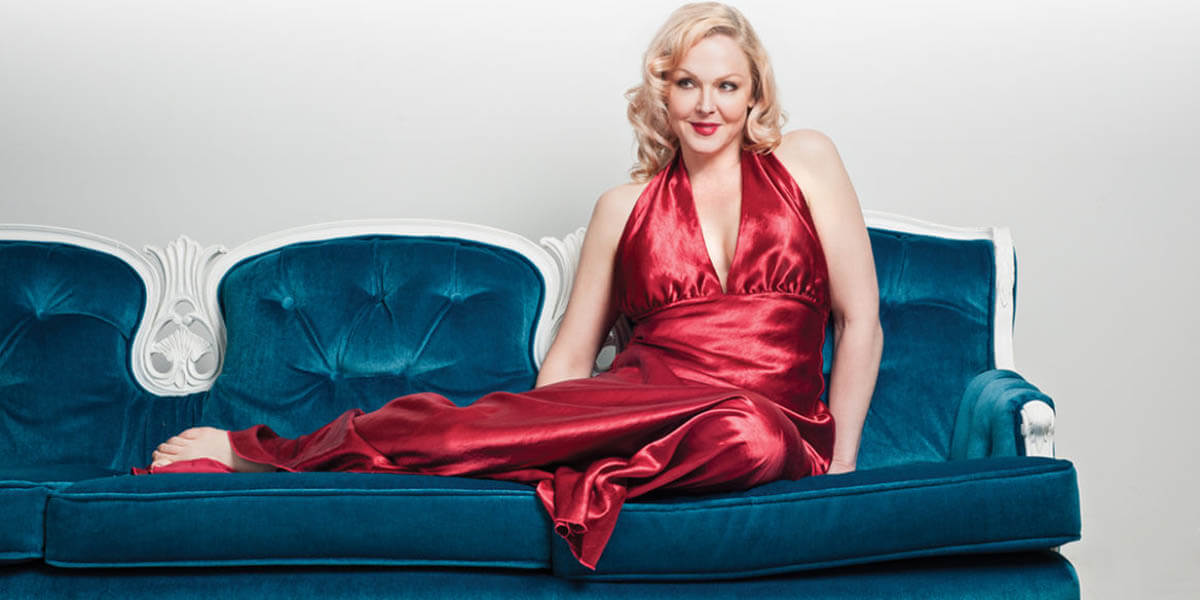
This event has ended
National Concert Hall, Friday 27th April
Music for the head and the heart with the sensational Pink Martini solo artist and vocal superstar Storm Large and conductor Carlos Kalmar – ‘one of those rare podium leaders who never seems to have an off night’ (The Classical Review).
Get set for a remarkable modern voice, a compelling caustic commentary on the divided self, a tantalising symphonic ‘What if?’ and a waltz of glamour and grandeur that satirises the very thing it celebrates.
The music of Thai composer Narong Prangcharoen has been called ‘absolutely captivating’ (Chicago Sun Times) and his award-winning 2004 work Phenomenon testifies to the validity of that claim. Inspired by ‘mysterious and unexplainable natural phenomena’, it is brilliant orchestral display of chiaroscuro contrasts in timbre and dynamics.
With works like The Threepenny Opera and Lady in the Dark, Kurt Weill helped shape the modern musical. There is certainly a sense of the theatrical about his last collaboration with Bertolt Brecht, the bitingly satirical The Seven Deadly Sins. Strikingly, it presents a portrait on a woman split into two characters – Anna I (a singer) and Anna II (a dancer) – to convey, Brecht claimed, ‘the ambivalence inherent in the “sinner”’. Weill’s music is deliciously spicy and dangerously spiky.
Whether you regard it as Schubert’s Seventh or Eighth Symphony (the latest research favours the earlier numbering) the work he began in early 1822 and left incomplete and forgotten for nearly 40 years is more familiarly known as the Unfinished Symphony. Mystery surrounds its abandonment after the completion of just two movements and a few bars of a third. Was it declining health brought about by syphilis? Or creative paralysis in the face of Beethoven’s dominance of the symphony? It hardly matters in light of what we do have: two glorious movements whose melody-filled sense of drama and poetry calls to mind the lyrical splendour of Beethoven’s Eroica Symphony.
Although commissioned by Sergei Diaghilev, the choreographer refused to stage Ravel’s La valse, claiming ‘this is not a ballet; it is a portrait of a ballet, it is a painting of a ballet’. Conceived in 1906 as a tribute to Johann Strauss II, Ravel intended to create ‘a kind of apotheosis of the Viennese waltz, with which is mingled in my mind the idea of a fantastic whirl of destiny’. Destiny, in the shape of the First World War and the lethal flu epidemic that swept through Europe in its aftermath, certainly played its part. By the time it was completed in 1920, the work’s tone had acquired a less romantic, more sardonic tone vividly illustrated by brilliant orchestration and tonal richness.
Presented by RTÉ National Symphony Orchestra
- Date:
- Friday 27th April
- Time:
- 7.30pm
- Price:
- €13 - €35
- Address:
- 3 Earlsfort Terrace, Saint Kevin's, Dublin, Ireland